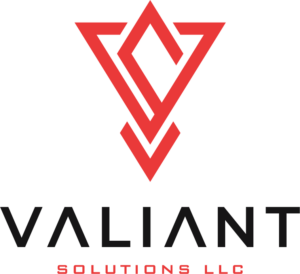Resources
Welcome to our Resource Page, your gateway to understanding the transformative power of Robotic Process Automation (RPA) in the world of medical billing and beyond. Here, we’ll delve into the fundamentals of RPA, explore its applications in healthcare revenue cycle management, and provide valuable insights into how RPA can optimize various aspects of your business processes.
Healthcare trends powered by intelligent automation
Here are six key areas where automation can power the latest healthcare trends.
Contact us!
If you’re ready to explore the benefits of RPA for your medical billing or other business processes please contact us.
Your satisfaction is our priority, and we look forward to the opportunity to assist you.
What is RPA?
We Have Great Answers
Ask Us Anything
Robotic Process Automation (RPA) can help you by automating repetitive, rule-based tasks, reducing errors, increasing efficiency, saving time, and freeing up your resources to focus on more strategic and value-added activities.
RPA can lead to increased efficiency, reduced operational costs, improved accuracy, faster task execution, and enhanced employee productivity. It allows your workforce to focus on higher-value tasks.
RPA is applicable across various industries, including finance, healthcare, retail, and manufacturing. It can benefit any organization with manual and repetitive processes, irrespective of the industry.
ROI varies based on factors like the complexity of processes, the scale of automation, and the efficiency gains. However, many businesses report a significant return on investment within the first year of RPA deployment.
Achieving security and compliance is crucial in the context of RPA implementation. We will work with you to confirm that RPA solutions adhere to data protection regulations and to put in place security measures to safeguard sensitive information
Yes, RPA is designed to integrate with a wide range of existing systems and applications. It can interact with legacy software, databases, and cloud-based platforms.
RPA bots and processes require ongoing monitoring and maintenance. Regular updates, error handling, and performance optimization are essential to ensure smooth operation.
To get started with RPA, you should train or hire professionals to develop and manage the bots. Consider starting with a pilot project to evaluate its impact.
Have more questions? Send us a message!






